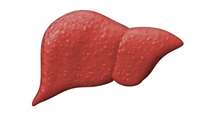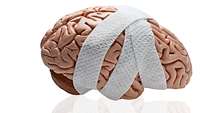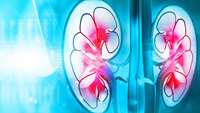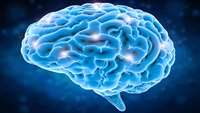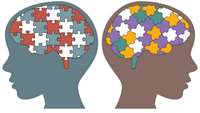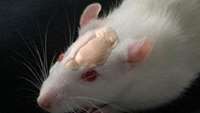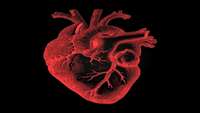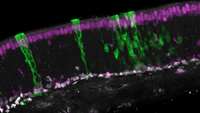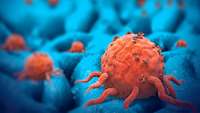Call for research to address significant gaps in understanding Parkinsons disease
An analysis published in Drug Discovery Today reveals the gap between animal models of Parkinsons disease (PD) and our understanding of the neurodegenerative processes underlying the disease, and calls for the implementation of modern, human biology-based technologies to better understand pathological processes and improve treatment outcome.
Liver fix thyself—How some liver cells switch identities to build missing plumbing
By studying a rare liver disease called Alagille syndrome, scientists from Cincinnati Childrens and the University of California San Francisco (UCSF) have discovered the mechanism behind an unusual form of tissue regeneration that may someday reduce the need for expensive and difficult-to-obtain organ transplants.
UGA researchers simulate traumatic brain injuries in lab
Isabelle Blaber was out horseback riding a few days before final exams in April 2016. She was 19 at the time, a freshman at Rhodes College in Memphis, and she had been a rider since she was 5.
MAPK pathway mediates normal kidney development, reveals study
The prevalence of kidney diseases is growing rapidly due to an aging population and an increased incidence of diseases like diabetes. Moreover, congenital anomalies of the kidney are among the most frequently occurring birth defects and play crucial causative roles in the development of renal diseases.
ALS Stem Cell Therapy (Amyotrophic Lateral Sclerosis)
Amyotrophic Lateral Sclerosis (ALS) is a rare neurological disorder which is mainly related to nerve cells. Our neurons are responsible for muscle movements, like chewing, talking or breathing, just to name a few. It is a severity disease which means it will be increasing over the course of time.
Autism Stem Cell Therapy
Autism spectrum disorder affects an individual’s ability to communicate and form relationships with other people from early childhood. Autism also affects an individual’s ability to use language as well as abstract concepts.
Growing a brain: Two-step control mechanism identified in mouse stem cells
Scientists have identified two distinct control mechanisms in the developmental transition of undifferentiated stem cells into healthy brain cells. This fundamental research using mice may inform regenerative medicine treatments for neurodegenerative diseases and spinal cord injuries, in the future.
Can stem cells help a diseased heart heal itself? Researchers achieve important milestone
A team of Rutgers scientists, including Leonard Lee and Shaohua Li, have taken an important step toward the goal of making diseased hearts heal themselves—a new model that would reduce the need for bypass surgery, heart transplants or artificial pumping devices.
Researchers discover abundant source for neuronal cells
USC researchers seeking a way to study genetic activity associated with psychiatric disorders have discovered an abundant source of human cells—the nose.
Diabetes and hypertension drug combo kills cancer cells
Recently, scientists have brought more uses of the drug to light. Physicians prescribe metformin to help treat polycystic ovary syndrome, and some researchers have suggested that the drug may improve fertility and help regulate menstrual cycles.


_118969.jpg)
